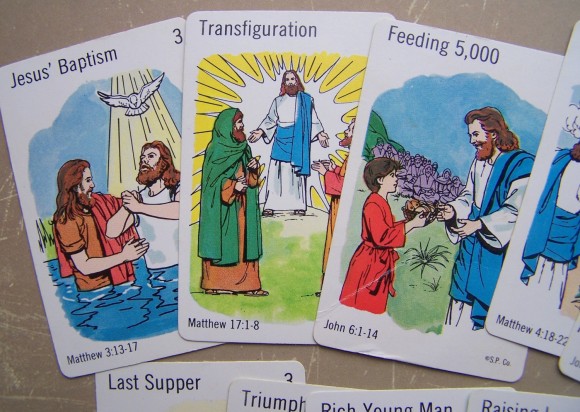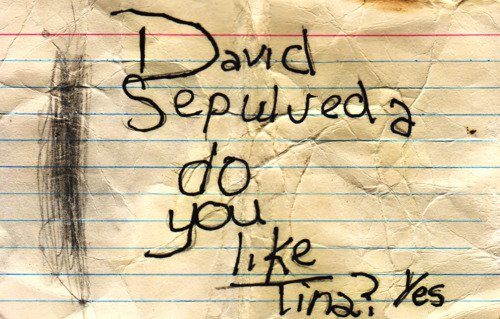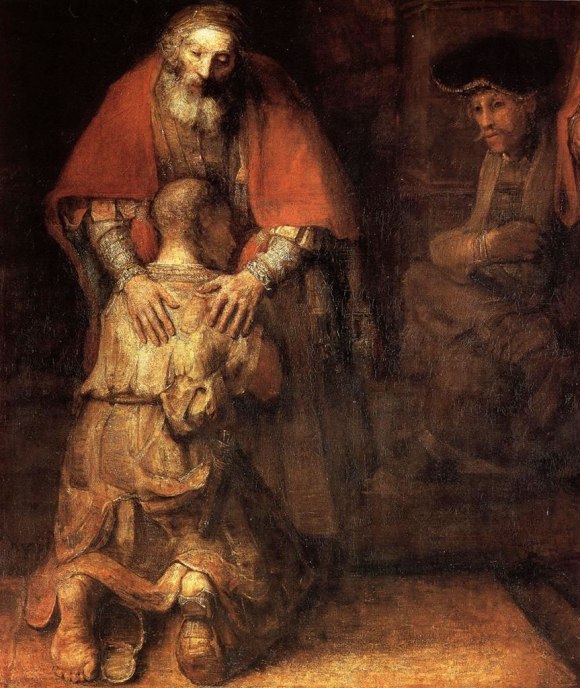The struggles we go through in life may seem never-ending. The fear of our enemies may threaten to overwhelm us. The difficulties we face may cause us to wonder if change will ever really come. In such times of personal crisis, where do you find your hope?
The prophet Zechariah spoke to a people who were surrounded by enemies with few natural defenses and even fewer man-made securities to protect them. In the midst of this uncertainty, he assured them of God’ presence and protection. “I will guard my Temple and protect it from invading armies. I am closely watching their movements,” (Zechariah 9:8). Zechariah then spoke of a time in the future when a righteous King would come. About 500 years later, that King arrived. Zechariah prophesied: “Rejoiced greatly, O people of Zion! Shout in triumph, O people of Jerusalem! Look, your king is coming to you. He is righteous and victorious, yet he is humble, riding on a donkey – even on a donkey’s colt,” (Zechariah 9:9). [This prophecy was fulfilled by the coming of Jesus as recorded in Matthew 21:4-11.] He continued, “I will remove the battle chariots from Israel and the warhorses from Jerusalem, and I will destroy all the weapons used in battle. Your King will bring peace to the nations. His realm will stretch from sea to sea and from the Euphrates River to the ends of the earth. Because of the covenant I made with you, sealed with blood, I will free your prisoners from death in a waterless dungeon. Come back to the place of safety, all you prisoners for there is yet hope! I promise this very day that I will repay you two mercies for each of your woes!” (Zechariah 9:10-12).
Jesus Christ fulfilled part of this prophecy when he came to earth the first time. He delivered us from death by shedding his blood on the cross as a ransom for our sins. As a righteous and humble King, he purchased our pardon and sealed a covenant in his own blood in order to rescue us from hell (“death in a waterless dungeon”). When he comes back again, just as he promised, he will bring peace to the earth. As such, we can now find our safety in Christ. He is our refuge and peace in the midst of our difficulties in this life. When he is ultimately crowned the King of kings, he promises to repay those who belong to him with, “two mercies for every woe suffered.” In other words, he offers an exceeding abundance of restoration for the sorrows we endure in this life. No matter how difficult our struggles are, we can give Christ our lives and be assured that we have a secure and lasting hope for the future.










